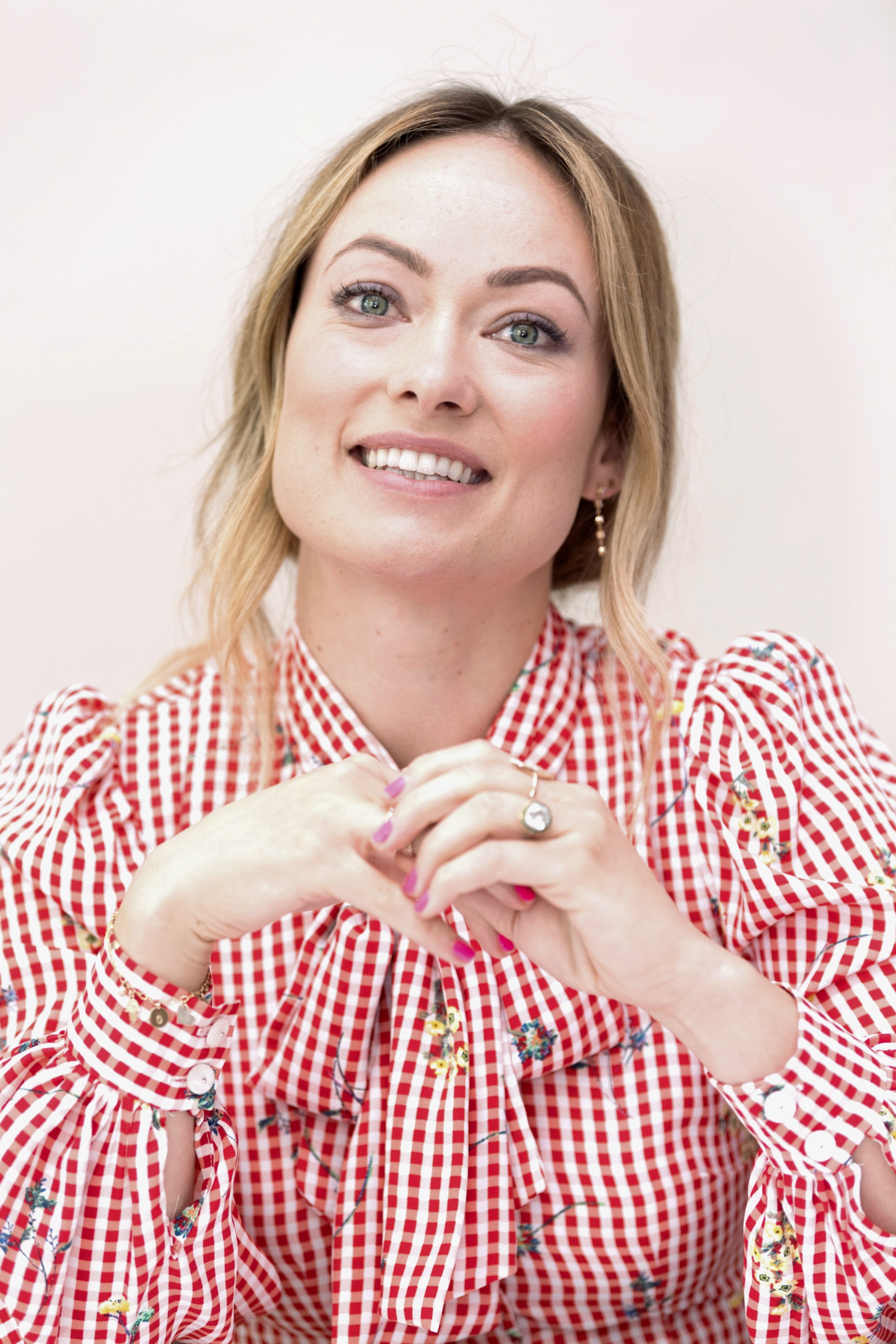
- Interviews
HFPA in Conversation: Olivia Wilde, Film Director
When Olivia Wilde saw The Breakfast Club she knew what she wanted to do. “I want to tell stories that feel funny and true and delight the audience while feeling like there was some authentic reflection of life and humanity. I like movies that uplift. I have made very dark movies and I’ve watched very dark movies but I think our job is to accurately reflect a moment and to tap into something honest but to leave the theater somehow uplifted and more connected to one another,” she tells HFPA journalist Patricia Danaher.
Wilde’s first role was on the TV show Skin, in 2003. After 15 years in the entertainment business, she took on a new task as a director. Her directorial debut, Booksmart, tells the story of two graduating high school girls who finally break the rules and party on their last day of classes. “I felt that my years in front of the camera were my film school because I spent so much time shadowing directors on every film set I was on. From pre-production through post I was always kind of sticking my nose in the production office saying “how does that work? What’s happening now? Are you guys doing a rewrite? Can I sit in?” Or the editing room, “can I stop by? Oh visual effects, can I see how that works? Costumes, can I understand more about that?” So I’d spent years asking questions and that curiosity amassed a certain amount of knowledge.”
She found that, as a director, she needed to have answers to all questions and ask the right questions. “Because I knew exactly what I wanted to make, I knew exactly what I wanted Booksmart to be, I was thrilled to be asked those questions. I think that’s when you know you’re making the right project when there’s no question that could spin you out. “
She thinks her greatest skill was hiring the right people. “I hired people who were as passionate and hardworking as I was, it was this incredible group of really dedicated people who cared very deeply about this story.”
Listen to the podcast and hear why she reveres journalists; where she learned her conversational skills; what kind of parallel track she had with her mother; who was her unpaid babysitter; how her Irish heritage influenced her; who was her school mate; why she changed her name; how she got inspired about human rights, civil rights, animal rights, and environmental rights; why she is politically involved; how has the Time’s Up movement changed the industry; how being anemic influenced her eating habits; how motherhood changed her activism; whteher she had experienced discrimination in payment; which movie she improvised entirely; what kind of work ethics she has; what advice she would give to younger Olivia; whether she likes working with her husband; what kind of advice her mother gave her; what kind of advice she is giving her own kids; what she would study if she would go back to school; which directors have influenced her; how old she was when she saw The Red Shoes for the first time; why we need superheroes and why people should realize they have power only when they work together.